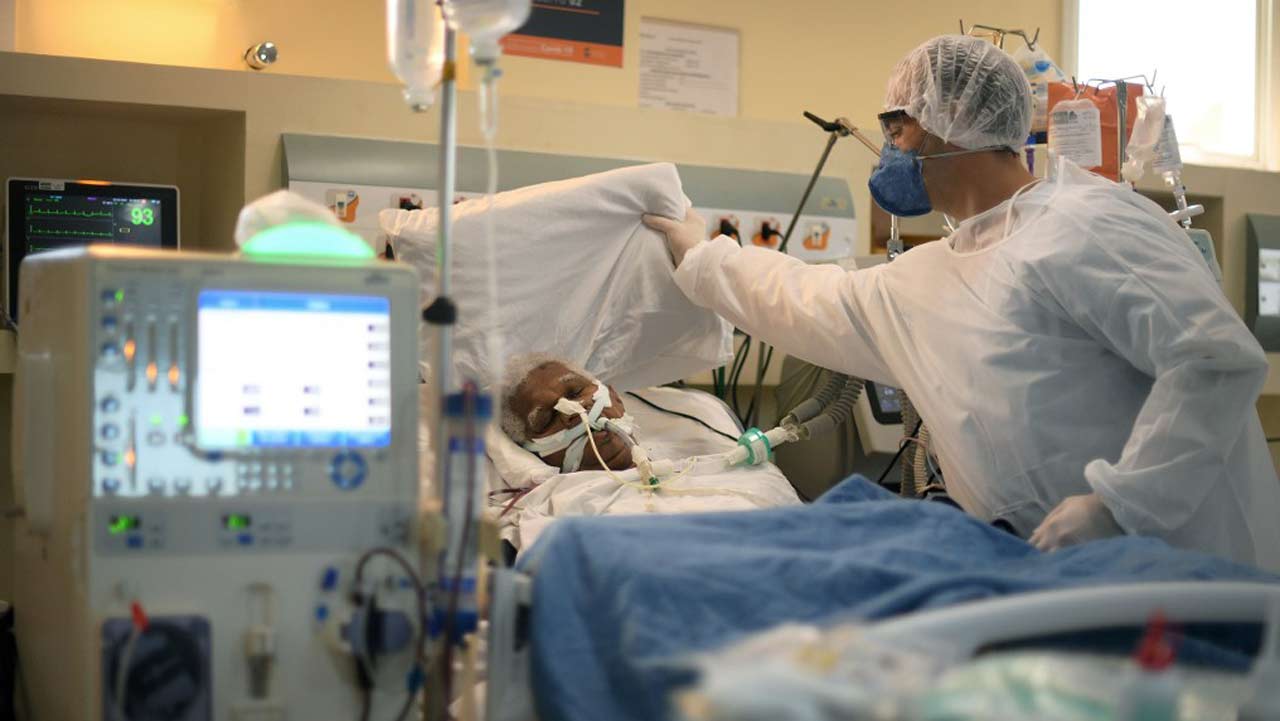Researchers have found that poor sleep could contribute to increased risk of heart attack or stroke.
Cardiovascular diseases, particularly heart attacks and strokes, are the number one cause of death worldwide, claiming 17 million lives each year, according to the World Health Organization.
“Sleep disorders are very closely related to the presence of cardiovascular diseases,” said Valery Gafarov, a professor of cardiology at the Russian Academy of Medical Sciences. “However until now, there has not been a population-based cohort study examining the impact of sleep disorders on the development of a heart attack or stroke.”
The 14-year study investigated connections between sleep disturbances and the risk of having a stroke or heart attack as part of the WHO’s major research project, MONICA – Multinational MONItoring of trends and determinants in CArdiovascular disease.
The researchers, who began their work in Novoisbirsk, Russia in 1994, first assessed the sleep quality of 657 men who were 25-64 years-old and didn’t have any history of heart attack, stroke or diabetes.
Sleep quality was measured with the Jenkins Sleep Scale, a gauge for the estimation of sleep problems developed in the mid 1980’s by C. David Jenkins. Those who had very bad, bad or poor ratings were considered to have a sleeping disorder.
Researchers also recorded cases of myocardial infarction and stroke among the study group over the 14-year period.
Nearly two-thirds or 63 percent of the 657 participants who had suffered a heart attack during the study period also had a sleeping disorder.
Men who had a sleeping disorder were 2 to 2.6 times at a higher risk of having a heart attack and 1.5 to 4 times more at risk of suffering a stroke than those without a sleeping disorder.
Gafarov said the highest incidents of heart attack or stroke among those with sleeping disorders affected widowed or divorced individuals and those who had not finished secondary school and had jobs that required medium-to-heavy manual labor.
“Poor sleep should be considered a modifiable risk factor for cardiovascular disease along with smoking, lack of exercise, and poor diet,” said Gafarov. “Guidelines should add sleep as a risk factor to recommendations for preventing cardiovascular disease.”
Sleeping disorders have also been closely linked with depression, anxiety and hostility.
Gafarov, who presented the findings at the EuroHeartCare 2015 medical conference in Dubronik, Croatia, said quality sleep for most people means getting between 7-8 hours of rest each night. He recommended that those who aren’t sleeping well should speak to their doctor.
By Rick Pantaleo
Rick Pantaleo maintains the Science World blog and writes stories for VOA’s web and radio on a variety of science, technology and health topics. He also occasionally appears on various VOA programs to talk about the latest scientific news.
VOA News
ABUJA: Training Schedule for Basic Life Support BLS, Pediatric Advanced Life Support (PALS), Advanced Cardiovascular Life Support ACLS, First Aid, CPR, AED
PORTHARCOURT: Training Schedule for Basic Life Support BLS, Pediatric Advanced Life Support (PALS), Advanced Cardiovascular Life Support ACLS, First Aid, CPR, AED
LAGOS: Training Schedule for Basic Life Support BLS, Pediatric Advanced Life Support (PALS), Advanced Cardiovascular Life Support ACLS, First Aid, CPR, AED




